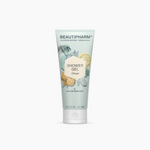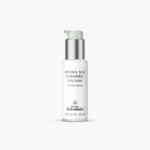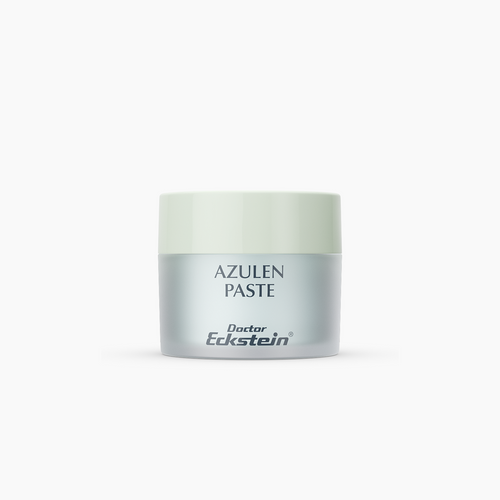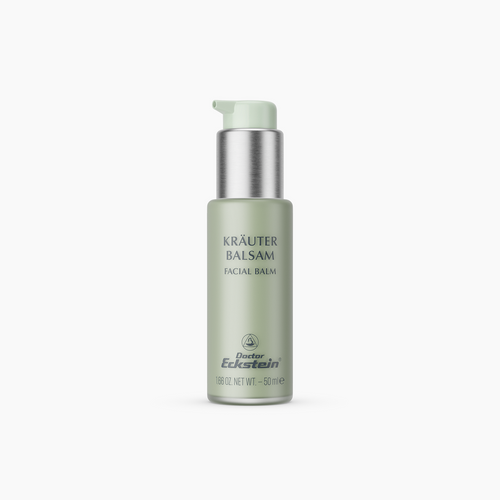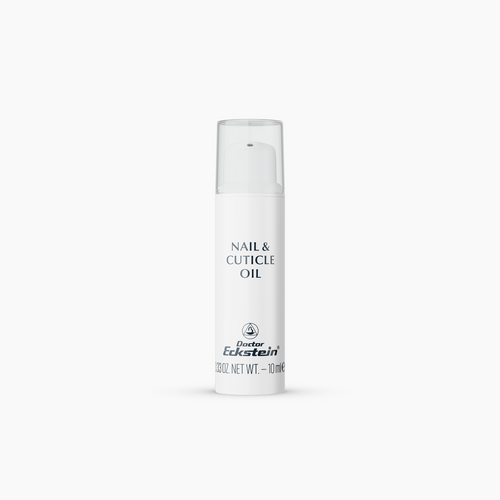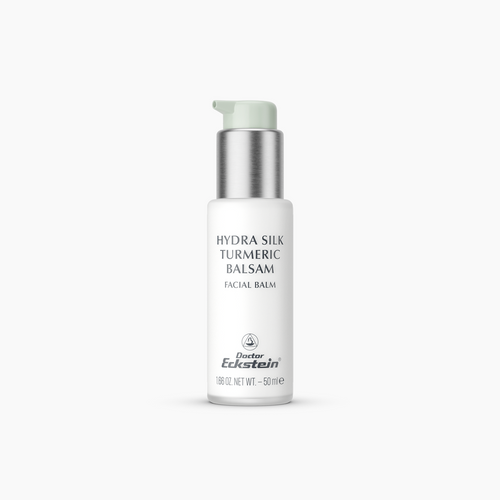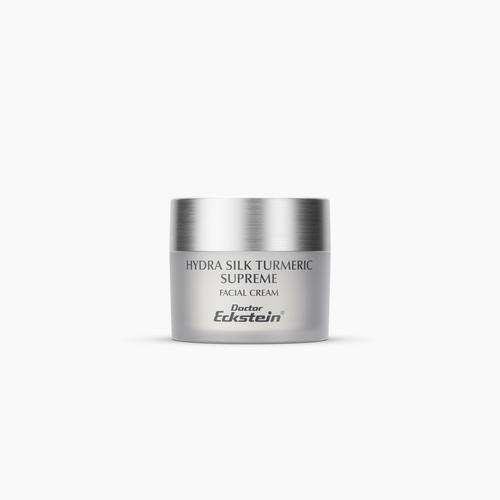Antioxidants are almost like celebrities: everyone knows them or at least has heard of them. We find them in everyday life, we can ingest antioxidants through our food, and they are also used in skin care products. But, honestly: if somebody would ask you to explain why they are so good and what function they fulfill - could you? For my part, I love learning about all the things that can impact my life. Do you feel the same? Then let me take you on a little journey through the world of antioxidants and free radicals. Because without free radicals, antioxidants would not be what we value them for: the protectors of our body’s cells.
Free radicals
So let's start by looking at free radicals. Free radicals are formed in the body. The cause of their formation can be external (exogenous) factors but also internal (endogenous) processes. For example, free radicals are part of the natural metabolism in the body. They form when the body uses oxygen to produce energy. They also fulfill essential tasks within the immune system, as they are used for chemical defense, such as against harmful viruses and bacteria.
However, "unbridled" free radicals can create a chain reaction in the body, which ends in cell and tissue damage. In technical jargon, this harmful process is called "oxidation." However, our body has various defense mechanisms to ensure that free radicals do not gain the upper hand and that everything remains balanced. These include some enzymes and also antioxidants.Oxidative stress
Cell damage occurs when the body is no longer able to keep free radicals under control. Then the relationship between defense mechanisms and free radicals is out of balance, and we speak of oxidative stress. This imbalance can occur when the body is exposed to negative habits and circumstances. These can fuel the formation of free radicals or weaken the body's defense against free radicals. Alcohol, smoking, physical and mental stress, lack of sleep, unbalanced diet, air pollution, too much sun, or inflammatory processes in the body are some prominent examples.
Oxidative stress today is associated with a variety of diseases. These include chronic inflammatory bowel disease, psoriasis, cataracts, and cancer. However, since some of the reasons for oxidative stress are due to our lifestyle, we can positively influence it. And we can help fight free radicals by regularly supplying the body from the inside and outside with antioxidants.
Antioxidants
Antioxidants can neutralize free radicals in the body. That is why they are also called radical scavengers. They are primarily supplied to the body through food and are contained in many foods. For example, blueberries, coffee, nuts, tomatoes, potatoes, and citrus fruits are considered excellent sources of antioxidants. Therefore, if you eat a balanced diet, you can actively support your body from the inside in the fight against oxidative cell damage.
How do free radicals work?
Free radicals are atoms and molecules. If atoms and molecules are stable, they always have pairs of electrons on their outer shell. Free radicals do not. They are missing at least one electron there, which is why they are unstable and reactive. Their goal is to achieve a stable state. And to do that, they steal electrons from nearby reaction partners. These can be the body's lipids, proteins, or even DNA.
Free radicals cause oxidative stress
(highly simplified depiction)
Free radicals steal electrons from atoms and molecules. These are now, in turn, unstable and behave like free radicals. Oxidative stress occurs:

How do antioxidants work?
Antioxidants are molecules with remarkable characteristics because they have electrons to give. So when they encounter free radicals, an extremely positive exchange is created to benefit our health. The thing is: Free radicals are happy to accept these electrons and spare healthy body cells, whose atoms and molecules remain intact.Antioxidants neutralize free radicals
(highly simplified depiction)
Antioxidants neutralize free radicals by "voluntarily" providing them with electrons. As a result, the atoms and molecules in our body cells remain undamaged:

Antioxidants also protect our skin
Skin cells damaged by oxidation are primarily noticeable through premature or accelerated skin aging (e.g., fine lines, wrinkles, pigment spots). Melanomas can also develop in this way. UV rays are the main cause here. When UV rays hit the skin, free radicals form. These attack, among other things, the lipids in our natural skin protection barrier. The protective function of the skin then becomes brittle. Free radicals also cause keratin, elastin, and collagen to break down more quickly—the result: the volume and elasticity of the skin is decreased. Here, too, our body can be supported in counteracting cell damage. Mainly, of course, through adequate sun protection and avoiding direct sunlight, but also through foods and care products that contain antioxidants.Antioxidants in skin care
As an active ingredient in care products, antioxidants go straight to where they can neutralize free radicals: on the skin. And so it is no wonder these radical scavengers have developed into true anti-aging heroes in skin care. That's why we at Doctor Eckstein® are, of course, fans of the little radical scavengers. Many of our care products contain antioxidants: for example, in the form of vitamin C, vitamin E (tocopherol), beta carotene, troxerutin and anthocyanins. As part of our product development, we always look for innovative active ingredients. We have just launched a new day and night care for stressed skin. Thus, we are bringing another active ingredient with great antioxidant power into play: tetrahydrocurcumin, an effective antioxidant not yet widely used in cosmetics. You can learn more about this in my blog post, "Turmeric for the Skin." .
Wishing you happy skin,
Dr. Verena Eckstein, ND
Disclaimer: The purpose of this blog is to share interesting scientific literature and skin care tips. This blog is not intended to provide diagnosis, treatment or medical advice. Content provided on this blog is for informational purposes only. Please consult with a physician or other healthcare professional regarding any medical or health related diagnosis or treatment options. Information on this blog should not be considered as a substitute for advice from a healthcare professional. The statements made about specific products are not to diagnose, treat, cure or prevent disease.
